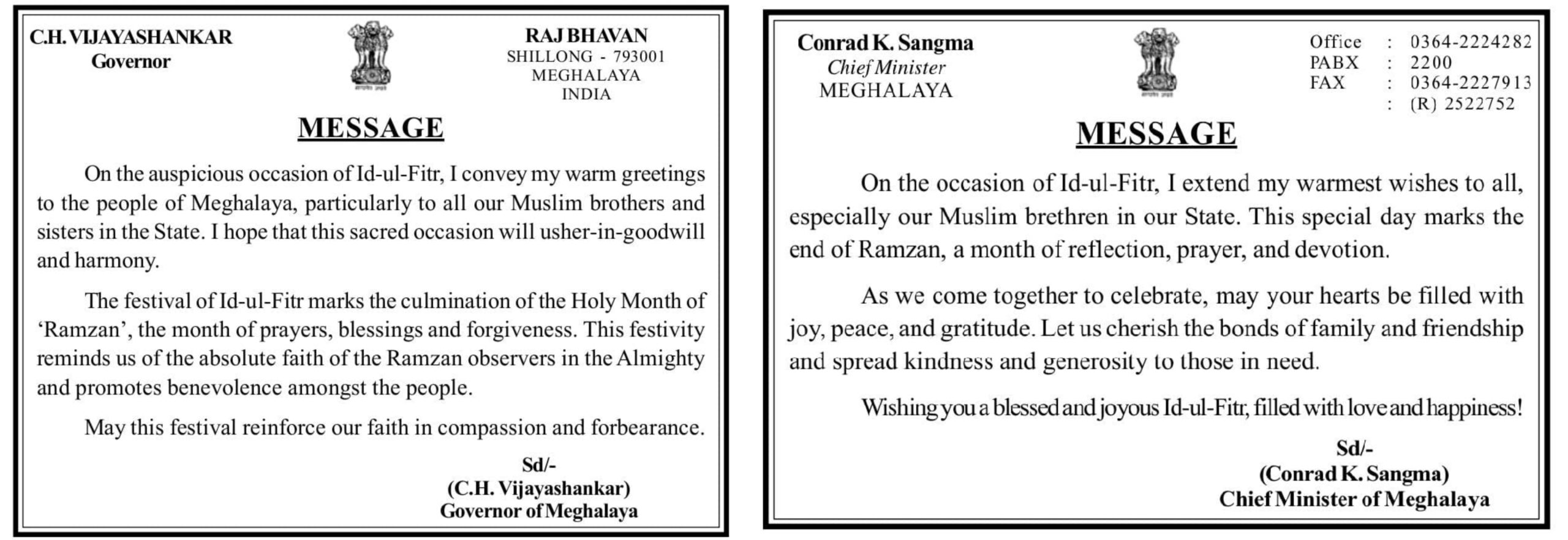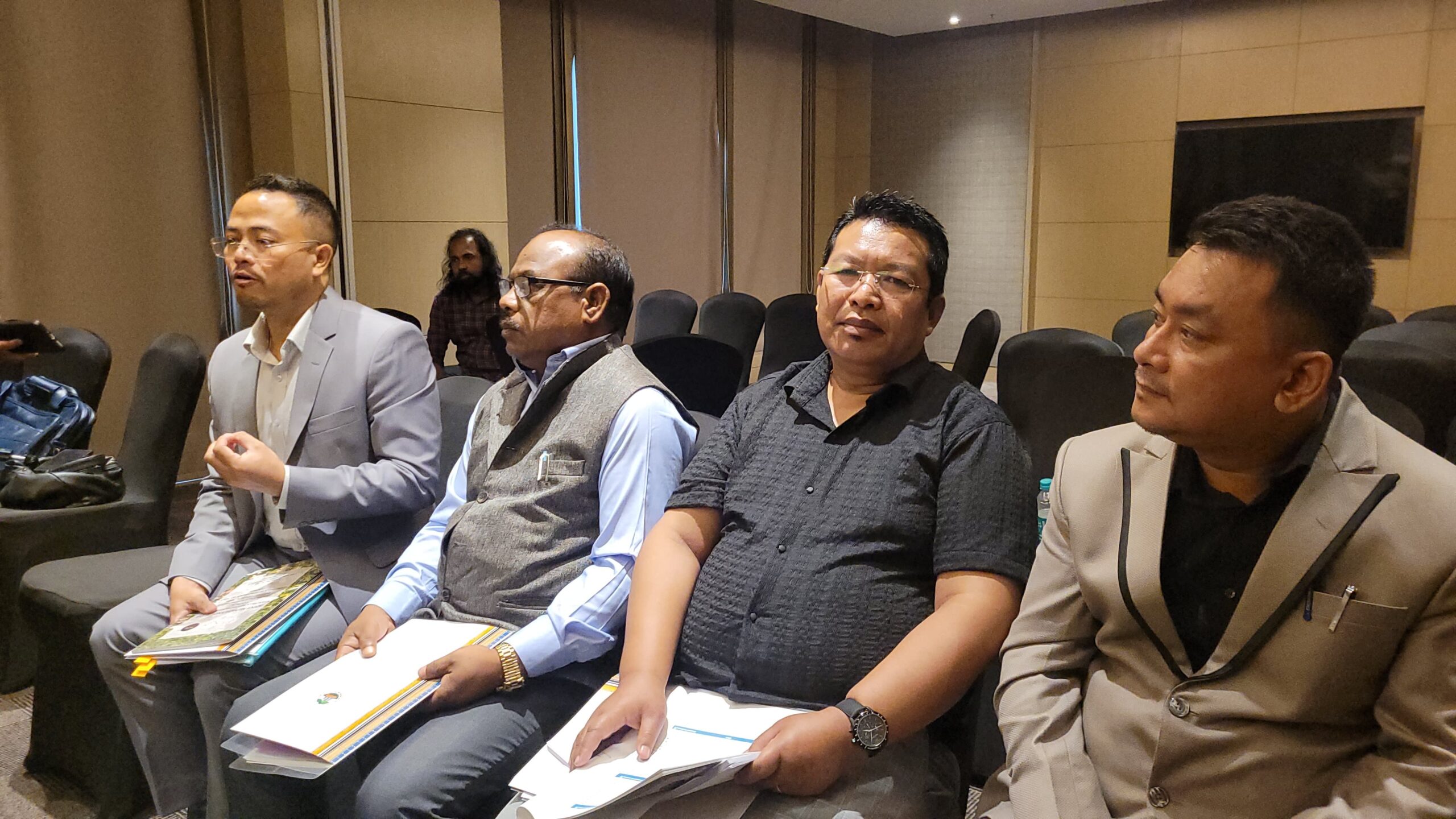Meghalaya’s three autonomous district councils (ADCs) on Monday collectively submitted proposals amounting to ₹8,877.51 crores from the 16th Finance Commission for various developmental activities. The Garo Hills Autonomous District Council (GHADC) requested ₹5,042.30 crores, the Khasi Hills Autonomous District Council (KHADC) sought ₹2,641.54 crores, and the Jaintia Hills Autonomous District Council (JHADC) proposed ₹1,019.60 crores. These submissions were formally presented to the Chairman of the 16th Finance Commission, Dr. Arvind Panagariya, during a meeting that was described as highly productive by the councils.
KHADC Chief Executive Member (CEM) Pyniaid Sing Syiem elaborated on the proposal, noting, “The Garo Hills ADC has proposed ₹5,042.30 crores, Khasi Hills ADC ₹2,641.54 crores, and Jaintia Hills ADC ₹1,019.60 crores, with an additional 2% contingency charge, bringing the total to ₹8,877.51 crores.”
The ADCs requested more flexibility in future grants, particularly asking for untied grants rather than the tied grants provided under the 15th Finance Commission, which were mainly allocated for specific sectors like water, health, and sanitation. “We have requested the 16 Finance commission to grant us more flexible to be more flexible on untied-grant. So that untied-grand we can use for any other Developmental activities proposed by the village, had the nokmas, or the Elakas.”
They have requested the 16th Finance Commission to allow more flexible untied grants, so they can use these funds for a broader range of developmental activities, including education and community infrastructure, Syiem explained.
Another critical issue raised by the councils was the method of fund disbursement. The ADCs requested that future grants bypass the Ministry of Panchayati Raj (MoPR), given that the councils fall under the Sixth Schedule of the Constitution, not the Panchayati Raj system governed by Article 243. The councils urged the Finance Commission to direct future grants through the Ministry of Development of North Eastern Region (DoNER) or the North Eastern Council (NEC) based in Shillong.
The councils also highlighted the severe impact of the coal mining ban in Meghalaya over the past decade, which has affected their primary source of revenue—mineral royalties. The ban has left the councils, particularly GHADC and JHADC, unable to pay employee salaries. “We have asked that commission to recommend grant for establishment of day to day function and activities of the council for establishment from the revenue deficit budget grant of the central government,” Syiem said.
Elaborating further he said, “Actually, this revenue deficit budget grant mainly this grant for those states, or for those constitutional institution, which cannot function any more due to deficit of Revenue.”
The councils proposed annual grants to ensure the continuity of essential functions, citing the revenue deficit caused by the mining ban. “Without these grants, the councils struggle to maintain basic operations, including paying salaries,” they stressed.
The proposals also emphasized the importance of forest conservation and market development. The GHADC alone allocated over ₹300 crores for forest-related activities, including restoration and reforestation. Additionally, the councils sought significant investments in traditional tourism and market development, with KHADC proposing five Khasi heritage villages and GHADC focusing on local markets and tourism initiatives. The combined amount for market and tourism development across the councils totals approximately ₹5,000 crores.


